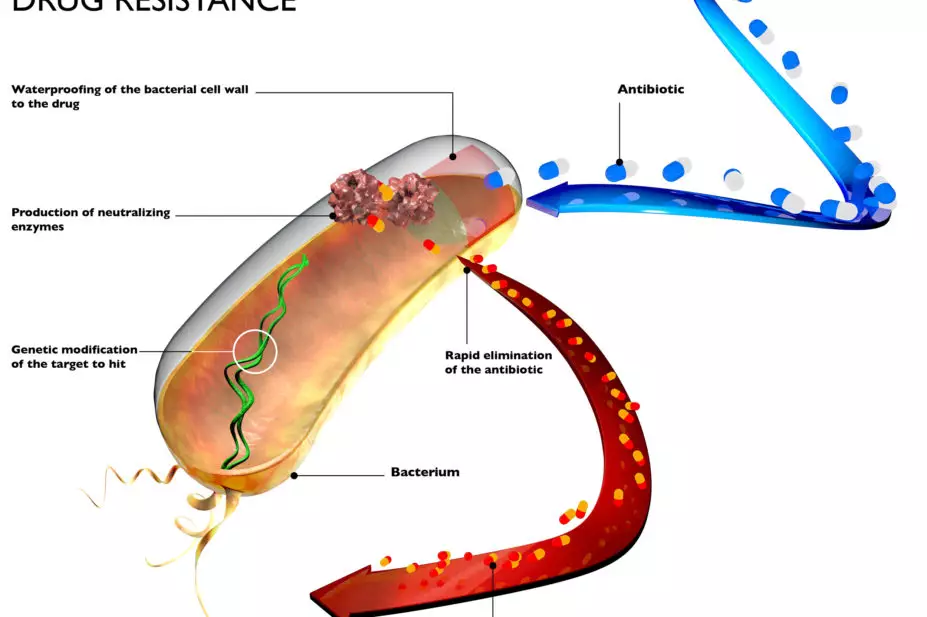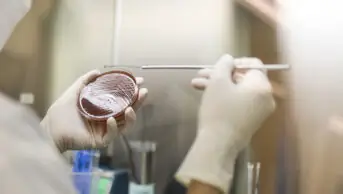
shutterstock.com

Courtesy of FIP
FIP vice-president Dr Eduardo Savio said the threat AMR poses to infectious disease control continues to escalate
Pharmacists should be encouraging immunisation and implementing antibiotic effectiveness health education campaigns to help control antimicrobial resistance (AMR), new International Pharmaceutical Federation (FIP) recommendations have said.
In particular, influenza immunisations should be encouraged and campaigns should be targeted at prescribers, patients and the veterinary and agriculture sectors, it adds.
FIP vice-president Dr Eduardo Savio said the updated policy statement was necessary to reflect the declaration of AMR as a public health emergency since 2008, as the threat it poses to infectious disease control continues to escalate.
He said: “FIP will continue to support national pharmacy organisations in facilitating the essential contribution of pharmacists to action plans around the world. [These] include surveillance and monitoring of antimicrobial use and resistance, their distribution and regulation, and infection prevention and control.”
In its first policy statement on AMR since 2008, the IPR said the ‘One Health’ approach, which recognises that the health of humans, animals and ecosystems are interconnected, should be applied to all measures to control AMR.
The updated statement, issued on 27 September, also urged pharmacists to take responsibility for national programmes on the return and disposal of unused or expired antimicrobials, including proactively informing the public about the proper disposal of antibiotics.
Meanwhile, governments should demonstrate ‘political will’ in urging work on controlling AMR, the Federation said. In moves aimed to compensate for serious shortages of other antibiotics as well as addressing AMR, it called on governments to ensure that all antibiotics listed in the World Health Organisation Essential Medicines List are available at all times.
Meanwhile, strategies for ensuring antibiotics are sustainably produced and old antibiotics are registered should be developed and antibiotics should also be produced in pack sizes corresponding to their usual course length, the statement adds.


